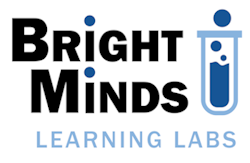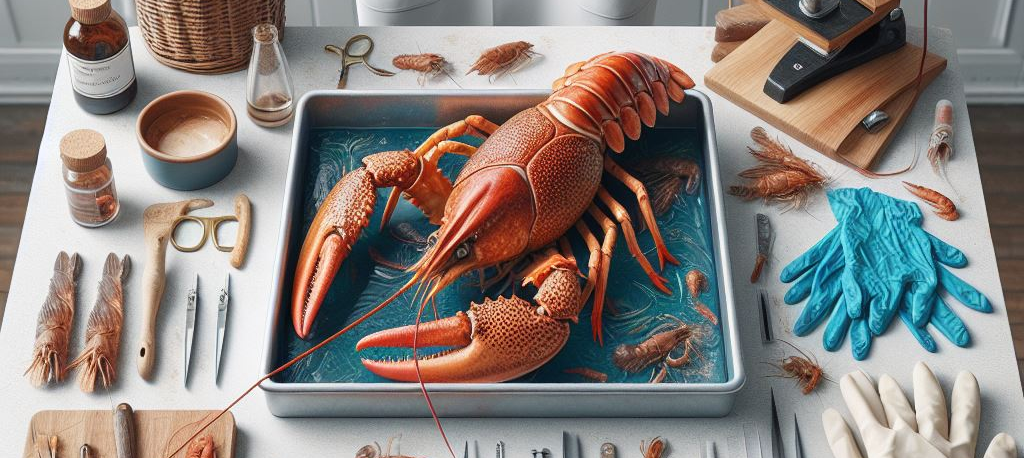More Than Skin Deep
In this fascinating and hands-on course, 7th-12th grade students explore the intriguing world of anatomy through dissection. Students will delve into the structures and functions of various organisms, gaining practical skills in scientific observation, classification, and analysis. Through guided dissection activities, students will investigate animals such as earthworms, grasshoppers, and crayfish. They will learn to identify external and internal body parts, understand scientific taxonomy, and appreciate the intricate complexity of life forms. Safety protocols, proper tool usage, and research skills will be emphasized. Get ready to uncover the secrets hidden beneath the surface!
Students will survey the animal kingdom with 12 specimens from 5 phyla:
- Annelida (Earthworm)
- Arthropoda (Crayfish, Grasshopper)
- Chordata (Leopard frog, Perch, Rat, Shark, Snake)
- Cnidaria (Jellyfish)
- Echinodermata (Starfish)
- Mollusca (Clam, Squid)
Course Objectives
- Understanding Anatomy
- Develop a comprehensive understanding of the anatomical structures of various organisms, including the hierarchical structure of tissues, organs, and organ systems.
- Developing Practical Skills
- Develop hands-on skills in dissection techniques, including the use of dissection tools and the ability to identify and manipulate different anatomical structures
- Comparative Anatomy
- Compare anatomical structures across different species, recognizing patterns and understanding the evolutionary relationships between organisms
- Function and Structure Relationship
- Explore the relationship between the structure and function of organs and organ systems, understanding how these systems work together to maintain life
- Scientific Inquiry and Critical Thinking
- Engage in scientific practices such as asking questions, developing models, constructing explanations, and using evidence to support scientific arguments
- Teamwork and Collaboration
- Improve teamwork and collaboration skills by working together on dissection projects, sharing observations, and discussing findings
- Ethical Considerations
- Discuss and understand the ethical considerations involved in dissection, including the importance of respecting the specimens and the rationale behind using real specimens versus virtual simulations
Portfolio Artifacts*
- Laboratory Notebook
- A laboratory notebook helps develop good scientific habits and is essential for documenting experiments, organizing thoughts, and collaborating effectively.
Prerequisites
- No prior knowledge is required.
This course aims to provide a well-rounded educational experience that combines practical skills with theoretical knowledge, fostering a deeper appreciation for the complexity of biological systems. Join us on this captivating journey of discovery through the animal kingdom!
* Portfolio – a purposeful collection of work or evidence that showcases a student’s learning, growth, and achievements over time.

